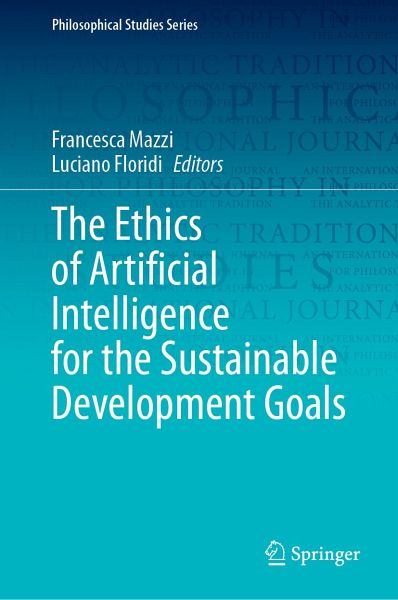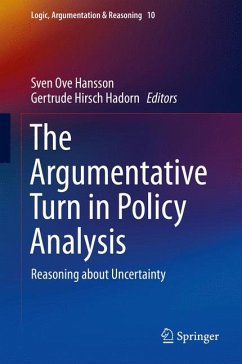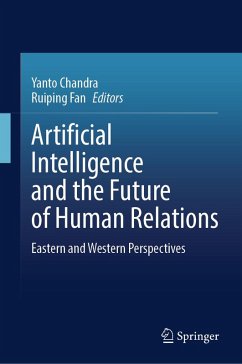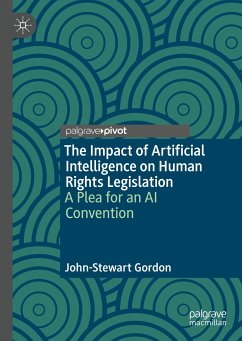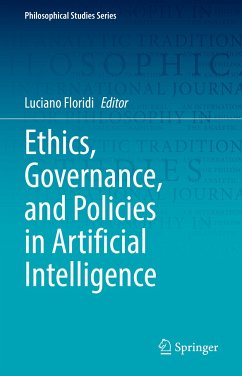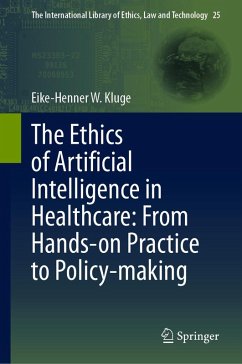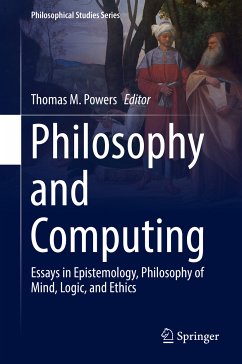¿Francesca Mazzi is a postdoctoral research fellow in AI and Sustainable Development at Saïd Business School, University of Oxford, and a research associate at the Digital Ethics Lab of the Oxford Internet Institute, University of Oxford. She is part of the Oxford Initiative on AI×SDGs, aimed at investigating how artificial intelligence (AI) has been and can in the future be used to support and advance the United Nations Sustainable Development Goals (SDGs). In her research, Francesca analyses existing AI for SDGs projects to map best practices, lessons learned, eventual gaps and potential solutions for the purpose of helping existing and future, public and private stakeholders operating within the sustainable development space. Her research interests range from the intersections between technology, law, and ethics, to policymaking and regulations in relation to challenges and opportunities arising in the Fourth Industrial Revolution era. From 2017 to 2020she was a Marie Sklodowska-Curie Early Stage Researcher within the EIPIN- Innovation Society in a double doctorate program between Queen Mary University of London and Maastricht University. The Ph.D. research project concerned the patentability of AI generated inventions and a case study on the pharmaceutical industry, with two partner organizations, Hovione and the European Federation of Pharmaceutical Industries and Associations. Francesca obtained the CIPP/E (Certified Information Privacy Professional/Europe) Certification from the International Association of Privacy Professionals in April 2018. She holds a LL.M. in computer and communication law from Queen Mary University of London, and a master's degree in law from Luiss Guido Carli University. She is a qualified lawyer in Italy. Luciano Floridi is Professor of Philosophy and Ethics of Information at the University of Oxford, where he is Director of the Digital Ethics Lab of the Oxford Internet Institute, and Fellowof Exeter College. He is also Fellow of the Alan Turing Institute, of the Academy of Social Sciences, of the British Computer Society and of the AIBS (the Society for the Study of Artificial Intelligence and the Simulation of Behaviour) and Member of the Académie Internationale de Philosophie des Sciences. His current commitments include being Chair of Ethics Committee of Digital Catapult, the UK Innovation Programme, and member of several organisations, including the Board of the UK Centre for Data Ethics and Innovation. His areas of expertise include digital ethics, the ethics of AI, the philosophy of information, and the philosophy of technology, topics on which he is an internationally renowned authority and has published more than 300 works. They have bene translated into many languages, including Arabic, Chinese, Croatian, Czech, French, German, Greek, Hungarian, Italian, Japanese, Latvian, Macedonian, Persian, Polish, Portuguese, Russian, and Spanish. Among his recent books, all published by Oxford University Press: The Logic of Information (2019), The Fourth Revolution - How the infosphere is reshaping human reality (2014), winner of the J. Ong Award; The Ethics of Information (2013); and The Philosophy of Information (2011). He has received many recognitions, including the Barwise Prize, the Gauss Professorship of the Akademie der Wissenschaften of Göttingen, the Covey Award, the Weizenbaum Award, the J. Ong Award, IBM's Thinker Award, Premio Aretè, CogX Award, and Premio Socrate, among others.
